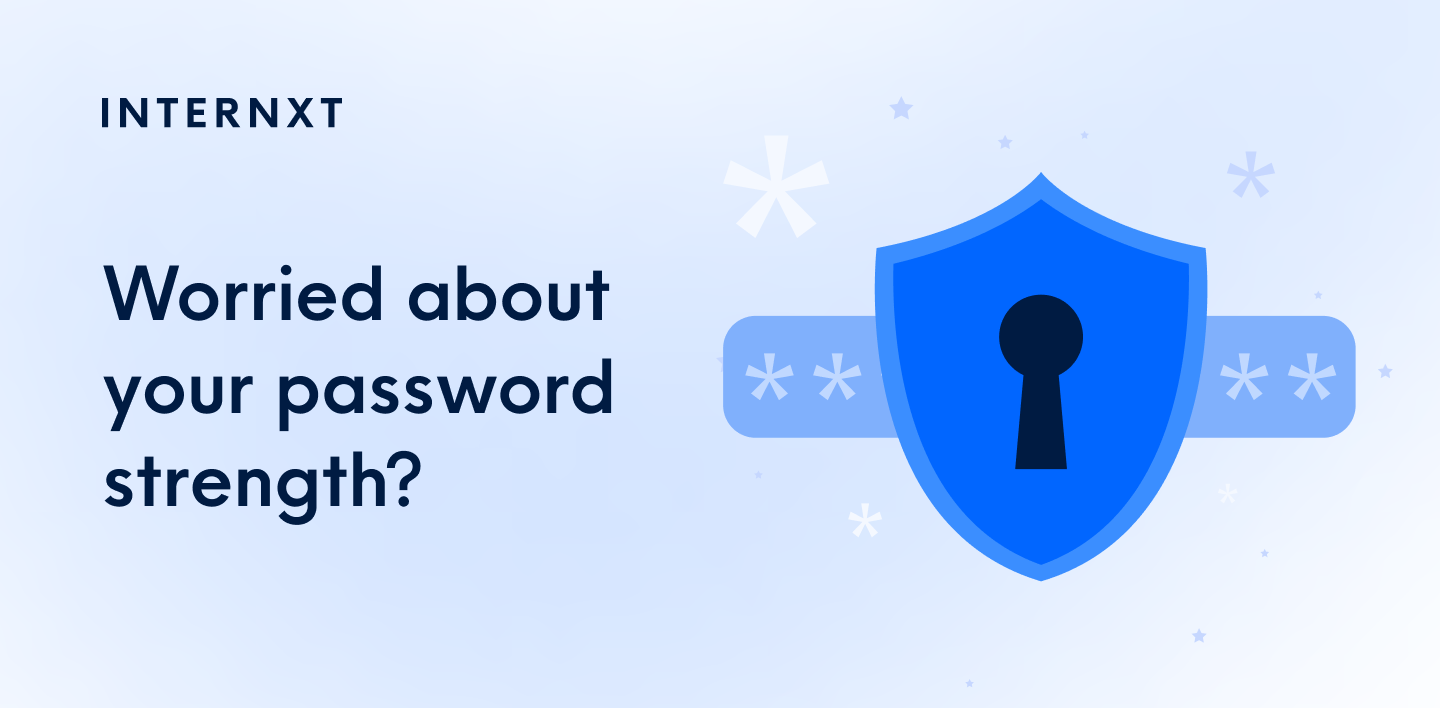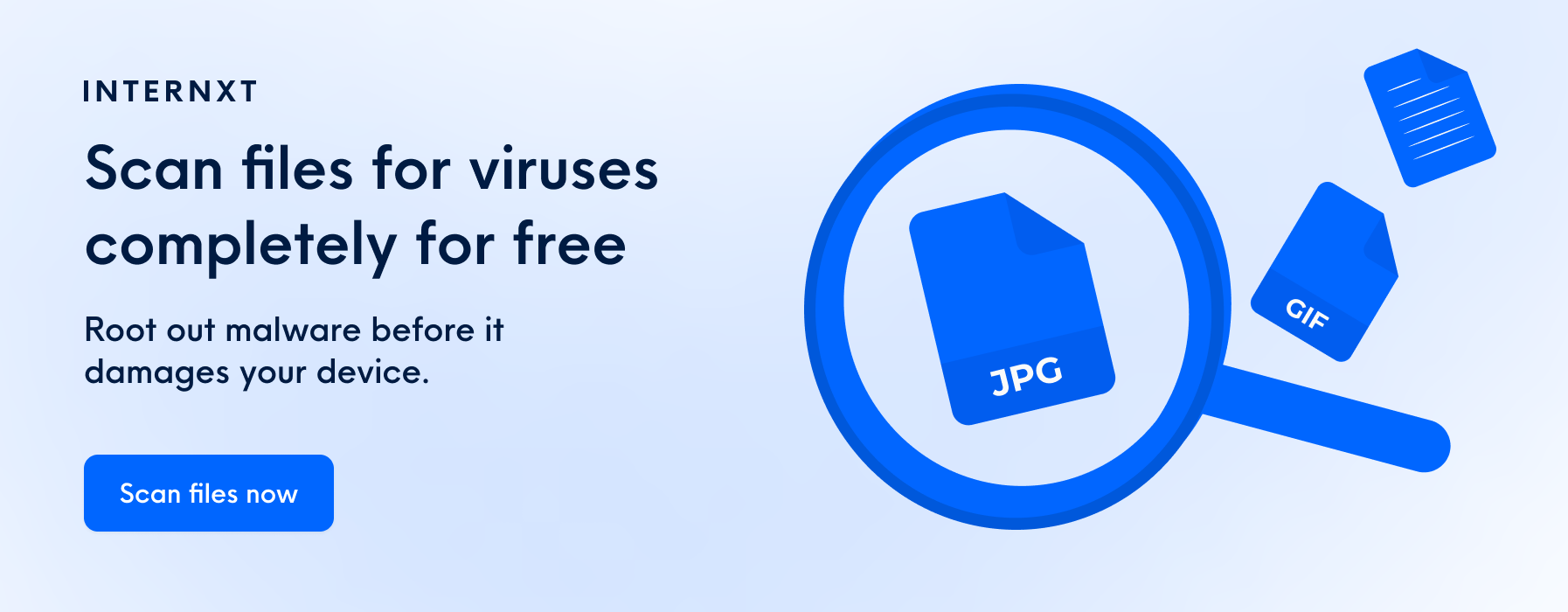How to Protect Your Sensitive Information: A Guide to Keeping You Safe Online

Have you or someone you know been a victim of a breach of your privacy? Would you know if you did? The majority of people tend not to worry about breaches in their privacy until it’s too late. By this point, your confidential information may already be in the wrong hands.
Not to worry, though; this article will equip you with the tools to construct your own personal shield, which will defend you against the possible ways in which your data may be used to directly cause you or your business harm.
By learning about the risks of your data being online and how it is used, you can take control of your privacy and protect yourself against cyberattacks.
What Is Considered Sensitive Data?
As we will find out later in the article, sensitive data can mean different things based on levels of confidentiality and how it is categorized by the necessary authorities.
To briefly understand the concept on a surface level, data is considered sensitive if it could result in financial or personal damages to an individual or entity. Let’s take a look at the most common types that may affect an individual personally.
- Personal Identifiable Information: Commonly referred to as PII, a breach of PII may include sensitive information such as names, addresses, or credit card numbers. A breach in this kind of data carries a high risk of fraudulent crimes to the victim.
- Payment Card Information (PCI): PCI focuses on financial gains for hackers, as they focus on stealing credit or debit cards and the details with which they are linked to. The business's responsibility is to handle payments in this manner to keep the data secure or face legal consequences.
- Protected Health Information (PHI): These health records are linked to an individual and their related health data. This includes medical records, diagnosis, treatments, and for some individuals, health insurance. Each country has its own strict regulations to protect this data. In Europe, this responsibility lies with the General Data Protection Regulation.
What do Businesses do with my Personal Information?
Businesses are under strict regulations to protect their clients and are often regulated by external entities to ensure they follow these regulations.
Nevertheless, even tech moguls such as Google uses your sensitive information, as well as LinkedIn and Facebook. These companies have fallen victim to data breaches, so it is equally vital to understand how businesses keep your data safe.
Let’s discover the reasoning behind why companies collect, and in some cases need, to have access to your private information. Although this can be beneficial to you, these benefits are not without their dangers.
Knowing is half the battle, however, and once you know how and why companies use your sensitive details, you can use your own judgment to decide whether it is worth it for you to give them access to this sensitive information.
Collecting Customer Data
Businesses can collect your contact details for various reasons, such as marketing or fulfillment of orders. Businesses are obliged to inform the customer on how they use this data, so it is recommended to familiarize yourself with this when entering your personal information.
Moreover, letting the customers know exactly how their data will be used may even have a positive impact on your customer success process as they will trust you more.
Why Is My Sensitive Data Shared With Third Parties?
Third-party data sharing is a necessity for businesses, without it, businesses may not be able to run as smoothly, as they rely on third parties to grant them access to resources to new technologies or services.
In return for this data, companies can gain insights into their target audience in order to generate more profits by attempting to supply what their users demand.
Keep in mind that all businesses require your consent to share your data with third parties, which may benefit you, the user.
However, exercise caution and consider the reputation of the company you are dealing with, as the more businesses have access to your sensitive data and internal documents, the higher risk of them being compromised by cyberattacks.
Personalizing Your Data
By analyzing your data, businesses can improve your experience online by offering their users personalized recommendations and content based on your recent searches, videos watched, articles clicked, etc.
You may have experienced this when browsing the internet for a specific product and suddenly being flooded by target ads trying to sell you similar products.
The danger of this is that these targeted adverts may not be from legit companies and can, in fact, be an example of malware or hackers trying to access your information. Businesses can can use a composable CDP to manage and unify their data securely.
So, with all of this information in their hands, how can we be sure that companies are protecting it? Time to bring in the CIA.

How Is My Sensitive Information Protected?
The CIA triad is the industry standard in the cybersecurity world and is one of the most powerful and important guides that companies utilize. This tool is vital as it helps companies make the correct decisions, allowing them to provide the highest quality of protection.
The features of the triad consist of three main areas: Confidentiality, Integrity, and Availability. They are summarised as follows:
- Confidentiality: Data is kept private; only those with the necessary credentials have authorized access
- Integrity: Documents held by the company are deemed accurate and reliable; this type of data is guaranteed to not have been subject to any changes that are not justified
- Availability: Data that is stored is readily available if and whenever necessary by authorized individuals
When companies take this model into consideration as three interconnected principles, it focuses on the development of their security policies to protect what needs to be protected.
How Sensitive Is the Data Recorded Online?
The risks of personal information are classified in three ways and may have some variations depending on the danger this data may cause if breached; the severity of these is based on the following types of sensitivity:
- Low: This data refers to information that is intended for public use and is characterized as non-confidential, as it does not contain PII that could be used with malicious intent. Examples of this would be social media posts or details made available on a company's website.
- Moderate: Data with a moderate level of privacy means that it involves information that should be kept internally by the company or individual that owns it. Examples of moderate data may include employee data, internal reports, or emails and documents. Although this data does not contain any confidential information, it should be kept safe using relevant and proper security measures.
- High: Data regarded as highly sensitive requires the highest level of protection because it is highly sensitive, confidential, and private. Highly sensitive data would have a devastating effect if leaked as it involves documents such as health and financial record, trade or government secrets, etc.
While it is true that classifying sensitive information has its benefits, as users, all data should be treated as equally sensitive; by doing so, you can reduce the chances of your data falling into the hands of hackers or being the victim of fraud.
Best Practices for Keeping Your Data Safe
If you're wondering what is the best way to protect your personal information, try the following tips.
Password Protection
One of the most common forms of accessing and protecting important data is creating strong passwords. The best way to achieve this is by using a password generator.
A strong password helps ensure that it can only be accessed with the right credentials. Unauthorized users cannot change, delete or read any forms or protected data without the correct authorization, such as a password, and it is also recommended you enable two-factor authentication in case of a password breach.
Another thing to take into consideration when dealing with passwords is to avoid repeated passwords through different platforms, as the same phrase leaves you vulnerable to numerous websites if one password is compromised.
Choose Companies Who Use Encryption Methods
One of the most powerful and popular tools available in the data security world is encrypting data. Encryption is the process of taking private or sensitive information, such as your name, in this case, John Doe, and converting it into an unreadable form of text - known as ciphertext, which may look something like this: 9b 86 47 87 8d u8 02 22 d7.
Companies adopt this method of encryption as it is almost impossible to decipher its meaning without proper authorization. Suppose the user has the correct authentication, such as a password, face ID, or fingerprint. In that case, the information will be decrypted and converted to its original form, allowing them to view the data in its plain text form.
When it comes to keeping your sensitive data private, you can make small changes that have a big impact. Let’s look at some of the methods you can use to help you take charge of your security and privacy.
Cloud Storage: What Is It and How Does It Work?
Cloud storage is a model that allows for data, such as files, photos, or videos, to be stored on the internet through a secure cloud storage provider.
The advantages of cloud storage offer a cost-effective way to keep your data safe forever. It eliminates the need for costly and chunky hard drives, which can get lost, malfunction, or even lose your data completely. The possibilities of cloud storage offer flexibility and expansion, meaning you can adapt your storage needs to suit your personal business needs.
It is also worth noting that choosing a service where only you can see the files you store in the cloud is recommended for your privacy, as major players in the cloud storage industry, such as Google, have famously been exposed as spying on their customer’s sensitive data.
Thankfully, there are numerous options to back up your data online, and it's important to do your research and pick the cloud service that is most beneficial for you. With Internxt cloud storage, your confidential information is encrypted, so only those with authorized access will be able to view it.
How Can I Browse the Internet Safely?
Scan Files for Viruses
Suspicious files which have been downloaded from emails or websites may cause numerous problems for your computer.
If you are suspicious that a file has been downloaded to your system and is causing harm, you can scan them for viruses using a free virus checker from Internxt. For guaranteed protection, antivirus software can provide you with the latest anti-virus technology to protect you from malware.
Choose a Suitable Web Browser
If you are not careful, the internet can be full of virtual booby traps waiting for you to make one wrong click before destroying your computer with a virus or other forms of malware. These sites are often trying to trick victims with their phishing scams by posing as reputable businesses to try and capture victims to fall prey to their scams.
These are the most common sites to look out for when it comes to phishing:
- Adult sites
- File sharing sites
- Social networking sites
Check Your Wi-Fi and Network Security Settings
Avoid using public Wi-Fi whenever possible, as the risk of having your data stolen is much higher than in a secure home or office network. The best option to stay safe when browsing the internet in public is to use a Virtual Private Network or VPN.
A VPN is a powerful and useful tool in your arsenal to protect sensitive information. When you use a VPN, your personal data travels through a secure “tunnel” that encrypts the information, making it incredibly difficult for third parties to view your activity.
Finally, be aware of suspicious websites, one of the easiest and quickest ways to do this is to check for an up-to-date security certificate and check for URLs starting with “HTTPS”, the S stands for - you got it, secure. So, avoid websites that have HTTP, especially if they are asking for your personal information.

Protect Your Sensitive Data With Internxt
So there you have it!
Companies will always require us to give them our sensitive data, but you now have the power and the tools to control what they use and how they use it.
By choosing to subscribe to Internxt, you will be able to be the master of your own cybersecurity and keep your most sensitive information private.
Stay safe out there!

